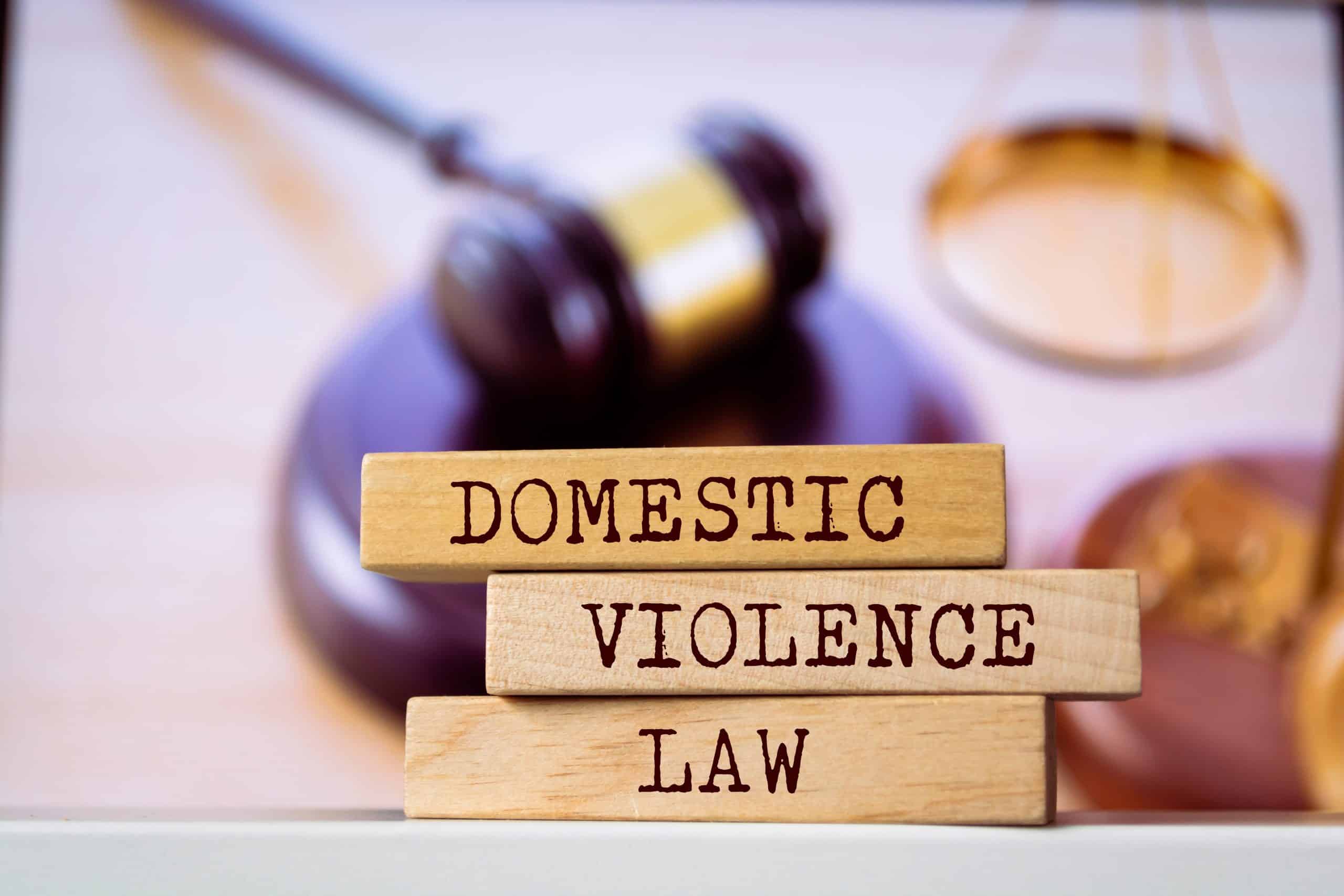A Non-Molestation Order is a court order that can be issued by the family court in England and Wales, which prohibits an abuser from behaving abusively towards you, including:
- Being violent towards you or threatening you
- Harassing or intimidating you
- Posting or publishing information about you in print or on social media
- Contacting you directly or indirectly
- Damaging your possessions or damaging your home
- Coming into your home or within a certain distance of your address
- Coming near your workplace
This order can also protect your children from abusive behaviour by preventing the abuser from such things as:
- Being violent towards your children or threatening them
- Harassing or intimidating them
- Posting about your children in print or on social media
- Contacting your children directly without your consent
- Going near your children’s school or nursery
Non-Molestation Orders are granted for a specific period of time, which is often 12 months, but the court has discretion regarding the duration, and there are numerous cases where both shorter and longer periods have been granted.
Once a Non-Molestation Order has been served on an abuser, it is effective against them. A breach of a Non-Molestation Order is an arrestable criminal offence, punishments ranging from a fine to four years imprisonment.
A Non-Molestation Order can be applied for on an emergency without-notice basis, which means that the respondent is not notified of your application until it has been considered by a Judge at an initial hearing without them present.
Otherwise, they can be applied for on-notice, depending on the severity of the abuse and when the most recent incident has taken place. You should take advice from a family solicitor regarding what type of application you should file at court.
Who can apply for a Non-Molestation Order?
To make an application for a Non-Molestation Order, you must be ‘associated’ under the Family Law Act 1996. This includes relationships where you are:
- Married or in a civil partnership
- Formerly married or in a civil partnership
- Engaged or proposed civil partnership
- Live together as a couple
- Formerly lived together as a couple
- Boyfriend, girlfriend or partner who does not live with you
- Former boyfriend, girlfriend or partner who did not live with me
- Your father, mother, son, daughter, brother, sister, grandfather, grandmother, uncle, aunt, nephew, niece cousin (this includes in-laws and step relatives of you or your partner).
It is important to check (ideally with a family solicitor) whether you qualify as an associated person for the purpose of a court application.
Useful Information to note
Should you ever feel in immediate danger or fear for your personal safety, you should contact the police for urgent assistance.
If you feel you are a victim of an abusive relationship, it is helpful to keep a log or diary of incidents of abuse, which can be helpful when preparing your paperwork for a court application or explaining your circumstances to the police or a friend / family member.
If safe, you should try to obtain any other evidence, such as screenshots or recordings of your partners behaviour, but not if this would put you in risk of your safety.
A Non-Molestation Order is only effective once it has been served on the abuser, you should not attempt to serve this yourself. Your solicitor can arrange for the order to be served through a Process Server, or the court may have a bailiff service, where the order can be served.
Once the order has been served, a copy of the order should be logged with your local police station, as they may need to refer to the order if they are notified that it has been breached.
If you are not associated through the definition of the Act, you may be able to seek assistance from the Protection from Harassment Act 1997.
How can EJ Coombs Solicitors help me?
If you think that you are a victim of domestic abuse and/or are in a coercive or controlling relationship, then we are able to assist. Please contact us using the links below to speak to one of our experienced specialist family lawyers.




